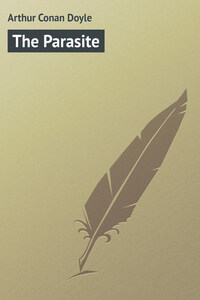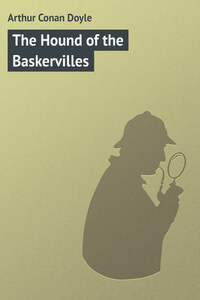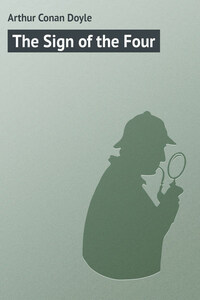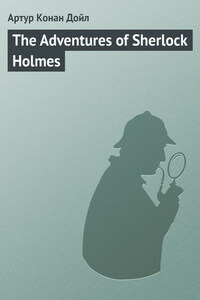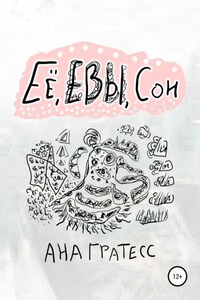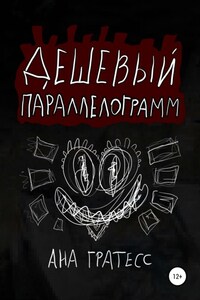March 24. The spring is fairly with us now. Outside my laboratory window the great chestnut-tree is all covered with the big, glutinous, gummy buds, some of which have already begun to break into little green shuttlecocks. As you walk down the lanes you are conscious of the rich, silent forces of nature working all around you. The wet earth smells fruitful and luscious. Green shoots are peeping out everywhere. The twigs are stiff with their sap; and the moist, heavy English air is laden with a faintly resinous perfume. Buds in the hedges, lambs beneath them – everywhere the work of reproduction going forward!
I can see it without, and I can feel it within. We also have our spring when the little arterioles dilate, the lymph flows in a brisker stream, the glands work harder, winnowing and straining. Every year nature readjusts the whole machine. I can feel the ferment in my blood at this very moment, and as the cool sunshine pours through my window I could dance about in it like a gnat. So I should, only that Charles Sadler would rush upstairs to know what was the matter. Besides, I must remember that I am Professor Gilroy. An old professor may afford to be natural, but when fortune has given one of the first chairs in the university to a man of four-and-thirty he must try and act the part consistently.
What a fellow Wilson is! If I could only throw the same enthusiasm into physiology that he does into psychology, I should become a Claude Bernard at the least. His whole life and soul and energy work to one end. He drops to sleep collating his results of the past day, and he wakes to plan his researches for the coming one. And yet, outside the narrow circle who follow his proceedings, he gets so little credit for it. Physiology is a recognized science. If I add even a brick to the edifice, every one sees and applauds it. But Wilson is trying to dig the foundations for a science of the future. His work is underground and does not show. Yet he goes on uncomplainingly, corresponding with a hundred semi-maniacs in the hope of finding one reliable witness, sifting a hundred lies on the chance of gaining one little speck of truth, collating old books, devouring new ones, experimenting, lecturing, trying to light up in others the fiery interest which is consuming him. I am filled with wonder and admiration when I think of him, and yet, when he asks me to associate myself with his researches, I am compelled to tell him that, in their present state, they offer little attraction to a man who is devoted to exact science. If he could show me something positive and objective, I might then be tempted to approach the question from its physiological side. So long as half his subjects are tainted with charlatanerie and the other half with hysteria we physiologists must content ourselves with the body and leave the mind to our descendants.
No doubt I am a materialist. Agatha says that I am a rank one. I tell her that is an excellent reason for shortening our engagement, since I am in such urgent need of her spirituality. And yet I may claim to be a curious example of the effect of education upon temperament, for by nature I am, unless I deceive myself, a highly psychic man. I was a nervous, sensitive boy, a dreamer, a somnambulist, full of impressions and intuitions. My black hair, my dark eyes, my thin, olive face, my tapering fingers, are all characteristic of my real temperament, and cause experts like Wilson to claim me as their own. But my brain is soaked with exact knowledge. I have trained myself to deal only with fact and with proof. Surmise and fancy have no place in my scheme of thought. Show me what I can see with my microscope, cut with my scalpel, weigh in my balance, and I will devote a lifetime to its investigation. But when you ask me to study feelings, impressions, suggestions, you ask me to do what is distasteful and even demoralizing. A departure from pure reason affects me like an evil smell or a musical discord.
Which is a very sufficient reason why I am a little loath to go to Professor Wilson's tonight. Still I feel that I could hardly get out of the invitation without positive rudeness; and, now that Mrs. Marden and Agatha are going, of course I would not if I could. But I had rather meet them anywhere else. I know that Wilson would draw me into this nebulous semi-science of his if he could. In his enthusiasm he is perfectly impervious to hints or remonstrances. Nothing short of a positive quarrel will make him realize my aversion to the whole business. I have no doubt that he has some new mesmerist or clairvoyant or medium or trickster of some sort whom he is going to exhibit to us, for even his entertainments bear upon his hobby. Well, it will be a treat for Agatha, at any rate. She is interested in it, as woman usually is in whatever is vague and mystical and indefinite.
10.50 P. M. This diary-keeping of mine is, I fancy, the outcome of that scientific habit of mind about which I wrote this morning. I like to register impressions while they are fresh. Once a day at least I endeavor to define my own mental position. It is a useful piece of self-analysis, and has, I fancy, a steadying effect upon the character. Frankly, I must confess that my own needs what stiffening I can give it. I fear that, after all, much of my neurotic temperament survives, and that I am far from that cool, calm precision which characterizes Murdoch or Pratt– Haldane. Otherwise, why should the tomfoolery which I have witnessed this evening have set my nerves thrilling so that even now I am all unstrung? My only comfort is that neither Wilson nor Miss Penclosa nor even Agatha could have possibly known my weakness.
And what in the world was there to excite me? Nothing, or so little that it will seem ludicrous when I set it down.
The Mardens got to Wilson's before me. In fact, I was one of the last to arrive and found the room crowded. I had hardly time to say a word to Mrs. Marden and to Agatha, who was looking charming in white and pink, with glittering wheat-ears in her hair, when Wilson came twitching at my sleeve.
"You want something positive, Gilroy," said he, drawing me apart into a corner. "My dear fellow, I have a phenomenon – a phenomenon!"
I should have been more impressed had I not heard the same before. His sanguine spirit turns every fire-fly into a star.
"No possible question about the bona fides this time," said he, in answer, perhaps, to some little gleam of amusement in my eyes. "My wife has known her for many years. They both come from Trinidad, you know. Miss Penclosa has only been in England a month or two, and knows no one outside the university circle, but I assure you that the things she has told us suffice in themselves to establish clairvoyance upon an absolutely scientific basis. There is nothing like her, amateur or professional. Come and be introduced!"
